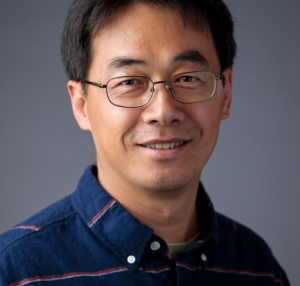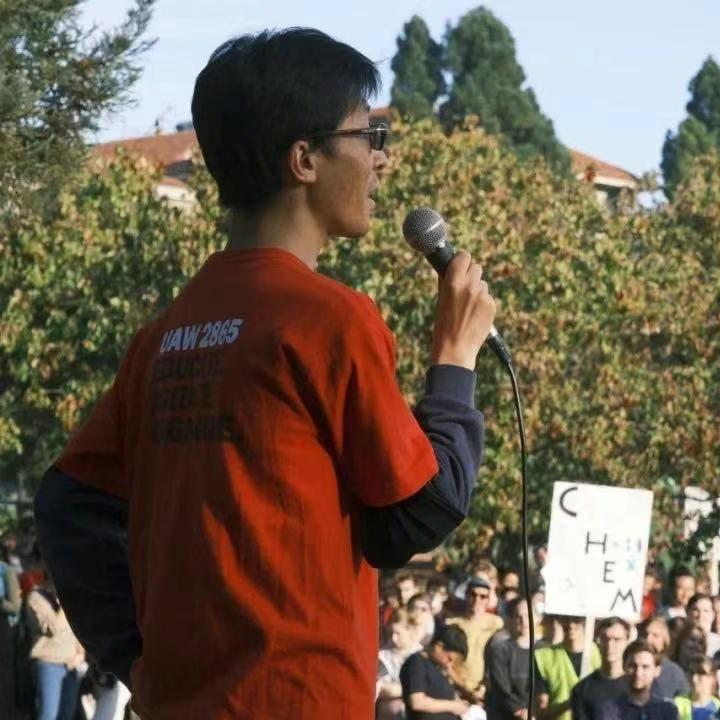
A political and comparative-historical sociologist, Professor Yueran Zhang specializes in the comparative studies of capitalism(s), socialism(s), and transitions in between, with a special emphasis on political economy and the dynamics of development in the Global South. He is particularly intrigued by questions pertaining to the politics of class, democracy, (de)mobilization, production and social reproduction.
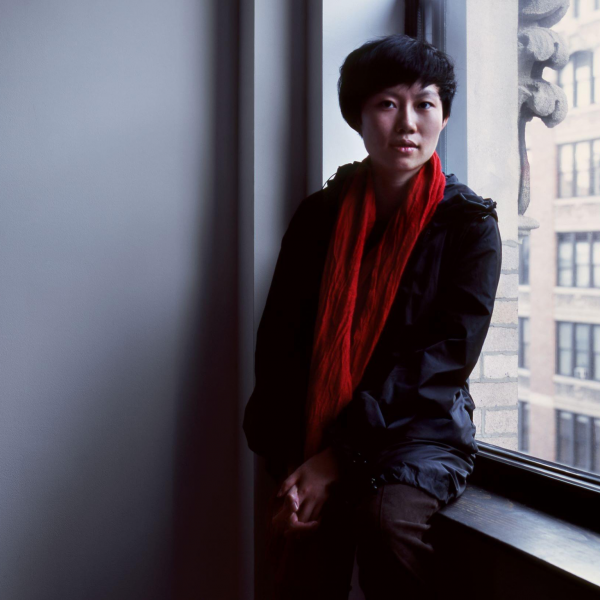
Cassandra Guan works on the history of animation with a special focus on the co-evolution of modernist aesthetics, new media technologies, and the life sciences. Her research underscores the material entanglements of political modernist cinema and the transnational permutations of a “bioanalytic” paradigm. Her first book project, provisionally titled Maladaptive Media: The Plasticity of Life in the Era of Its Technical Reproducibility, offers a new approach to the media theory of animation. In the book, Guan argues that intensification of animation aesthetics during the interwar period—taking place across film, radio, and print amidst the global proliferation of mass communication networks—revealed a crisis in the relations between the living being and its environment. Pursuing her interest in global animation histories, Guan is developing a second book project that explores the dialectic of mass mobilization and mass automation in Chinese state-sponsored media campaigns from the 1950s through the present, including episodes from China’s atomic energy program, panda diplomacy, South-South cooperation initiatives, and the two Beijing Olympics. Her ongoing research into Sinophone media histories decomposes the traditional area studies perspective, by tracing the genesis of an ethno-nationalist imaginary in a global environment shaped by the uneven flows of techno-scientific information and finance capital.
Guan received a PhD in modern culture and media from Brown University. Before joining CMS, she was the recipient of a Mellon Postdoctoral Fellowship at the MIT Center for Art, Science, and Technology (CAST), and she held a faculty position at the Whitney Museum’s Independent Study Program. A filmmaker as well as a scholar, Guan has been involved with several experimental and documentary film productions. Her latest film project Tender Comrades, an exploration of the ambiguities of gender and female friendship in left-wing cinemas of mainland China, received an Electronic Media and Film Finishing Funds Award from the New York State Council on the Arts.
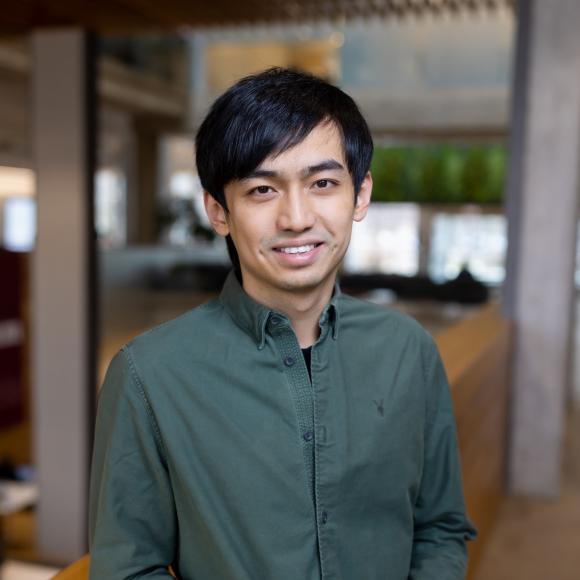
Shaoda Wang is an Assistant Professor at the University of Chicago Harris School of Public Policy, and a Faculty Research Fellow at the National Bureau of Economic Research (NBER). He also serves as the Deputy Faculty Director of the China centers of the Becker Friedman Institute for Economics (BFI-China) and the Energy Policy Institute at UChicago (EPIC-China). His research interests span the fields of development economics, environmental economics, and political economy, with a regional focus on China. He holds a BA from Peking University, and a PhD from the University of California, Berkeley. Prior to joining Harris, he was a Postdoctoral Scholar in the Department of Economics and Energy Policy Institute (EPIC) at the University of Chicago.
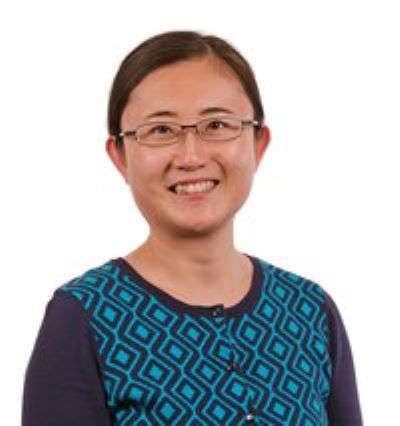
Yao Chen is the Director of the East Asian Collection at the University of Chicago Library, where she brings a wealth of expertise and a deep commitment to advancing information literacy and community engagement. Through her adaptive and collaborative approach to collection management and programming, she ensures that the East Asian Collection continues to flourish as a vital resource for the academic community, fostering a culture of intellectual exploration and discovery.
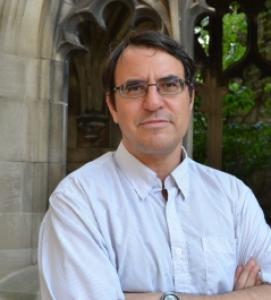
Professor Ziporyn is a scholar of ancient and medieval Chinese religion and philosophy who has distinguished himself as a premier expositor and translator of some of the most complex philosophical texts and concepts of the Chinese religious traditions. Ziporyn is the author of four published books, including Evil And/Or/As the Good: Omnicentric Holism, Intersubjectivity, and Value Paradox in Tiantai Buddhist Thought, The Penumbra Unbound: The Neo-Taoist Philosophy of Guo Xiang, and Zhuangzi: The Essential Writings with Selections from Traditional Commentaries.
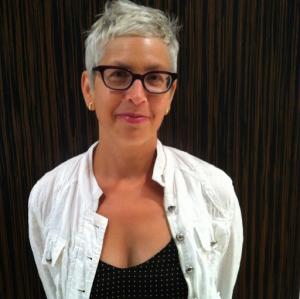
Professor Zeitlin's work combines literary history with other disciplines, such as performance, music, visual and material culture, medicine, gender studies, and film. Her publications include "Historian of the Strange: Pu Songling and the Chinese Classical Tale" and "Shared Dreams: The Story of the Three Wives' Commentary on The Peony Pavilion." She is currently working on a book on ghosts and the Chinese literary imagination, and her research interests also include gender and sexuality and the intersection of literature and medicine, particularly the case history.
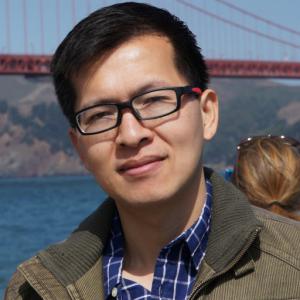
Professor Yu is the director of the Phonology Laboratory and the principal investigator of the Washo Documentation Project. His research and teaching interests include theoretical and experimental phonology, the interface between phonology and morphology, as well as issues concerning language variation and change, particularly in relation to the inception of sound change and its phonologization. His language areas of focus are North America and Asia.
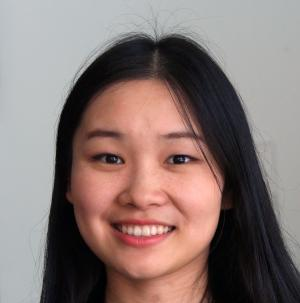
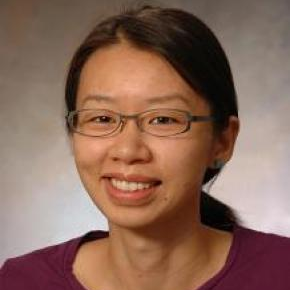
Professor Yao's research focuses on the impact of the Han Empire’s conquest of frontier regions and seeks to explain the variable ways different communities and social classes responded to momentous changes in local history. Currently she is conducting an archaeological survey project in southwestern China, which aims to recover the settlement sites of a local Bronze Age polity known as the Dian before its incorporation by the Han Empire. This ongoing project investigates the genesis of the Dian polity in relation to control over bronze production and the regional trade network developing between China and Southeast Asia.
